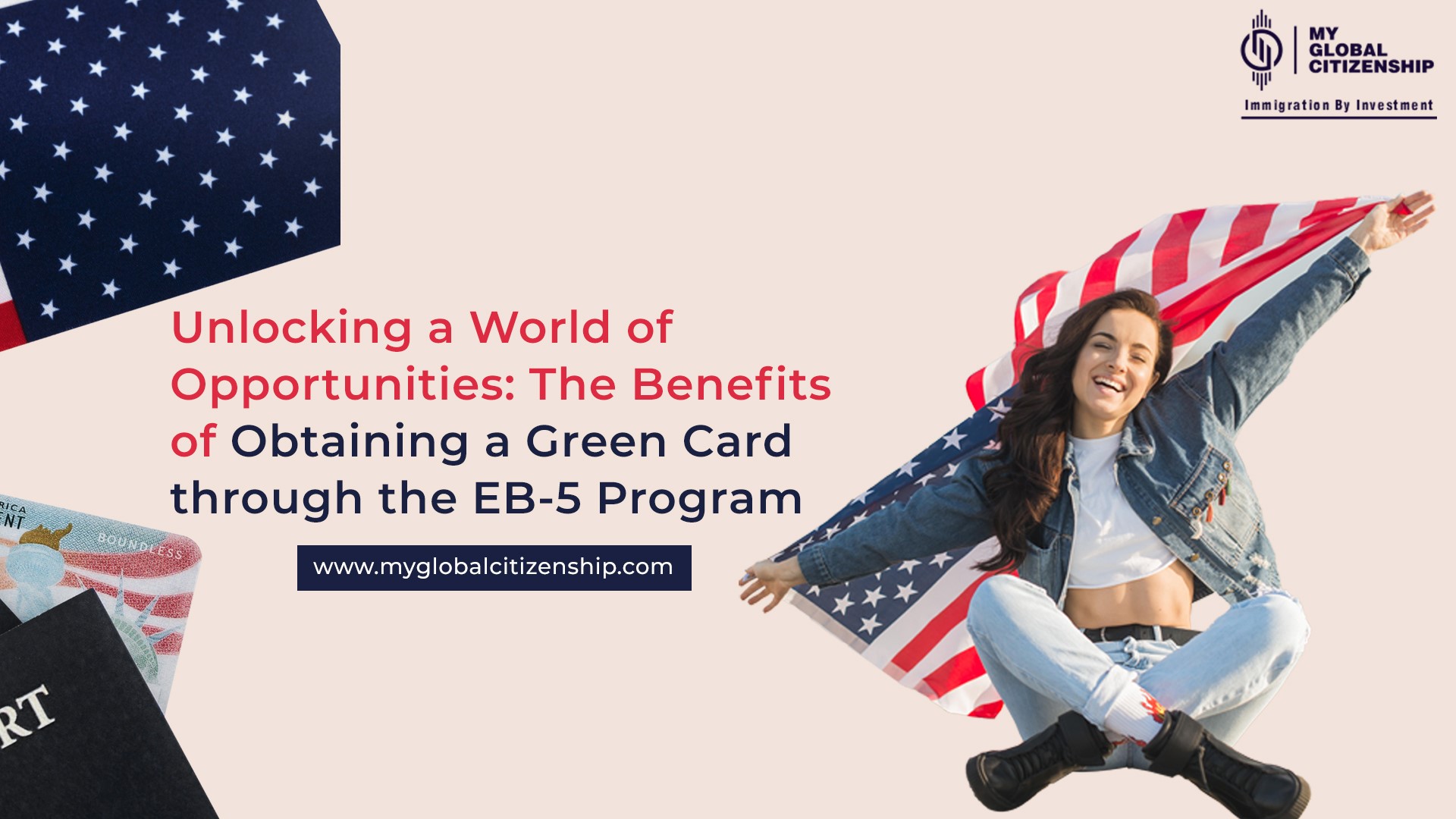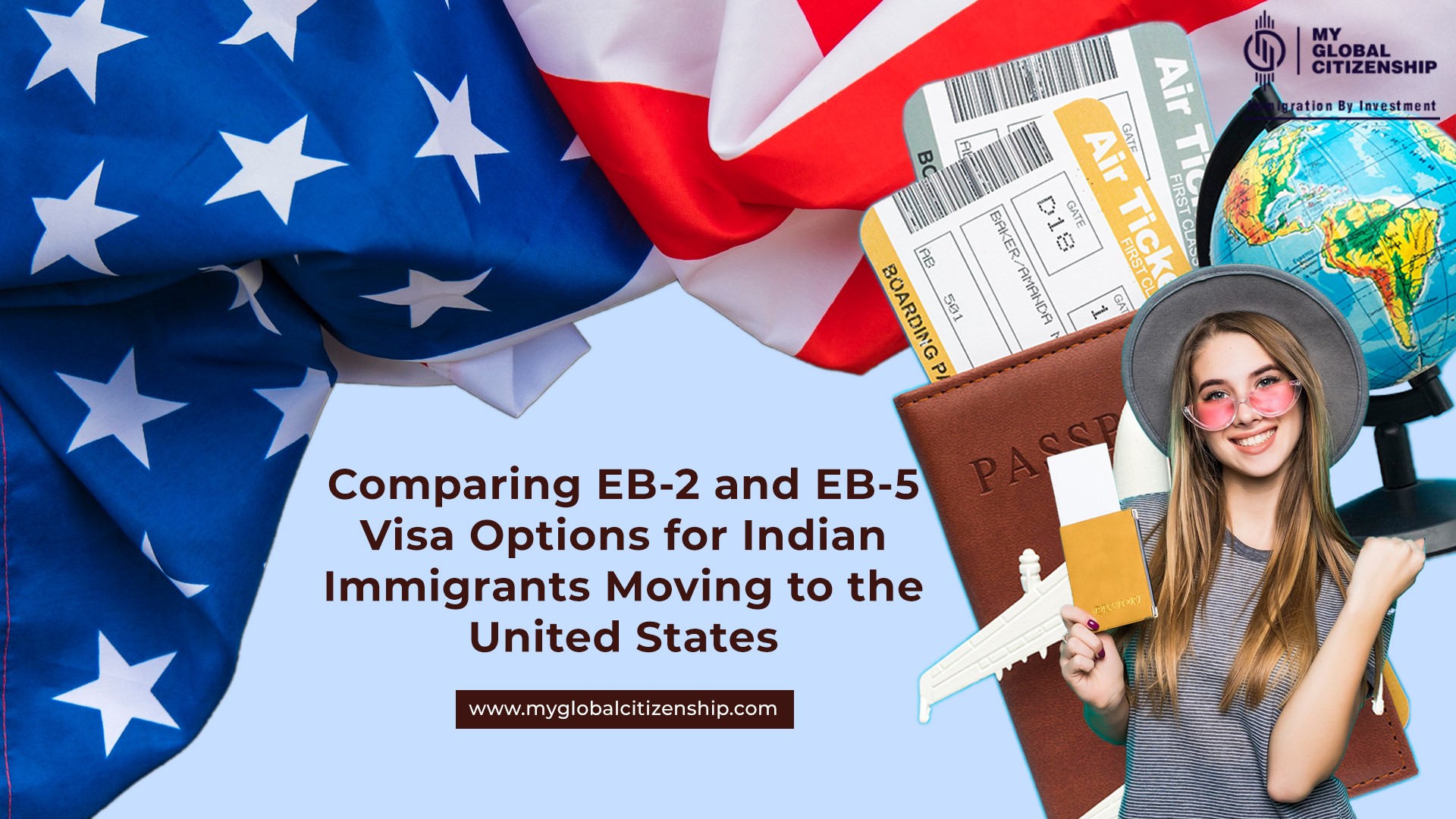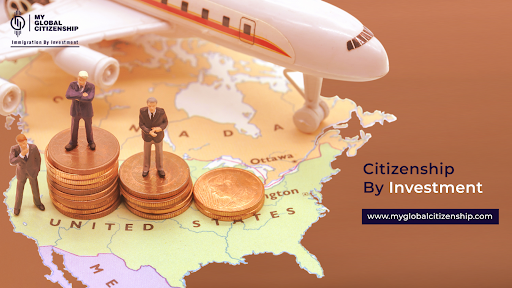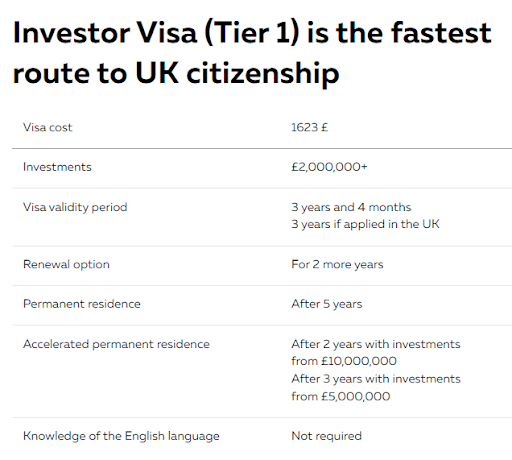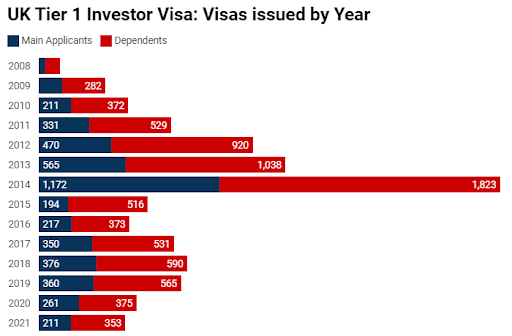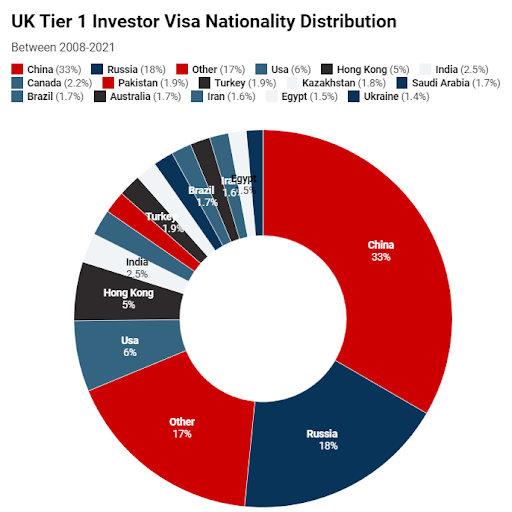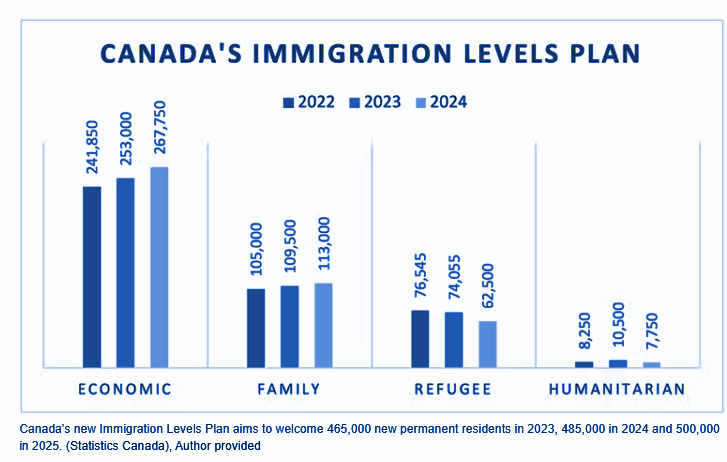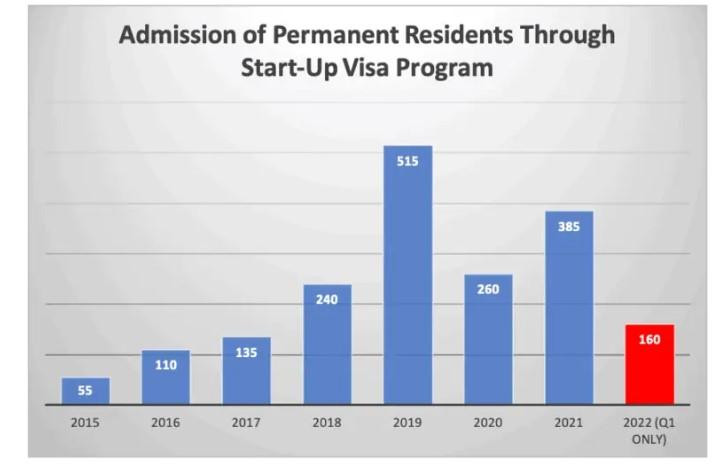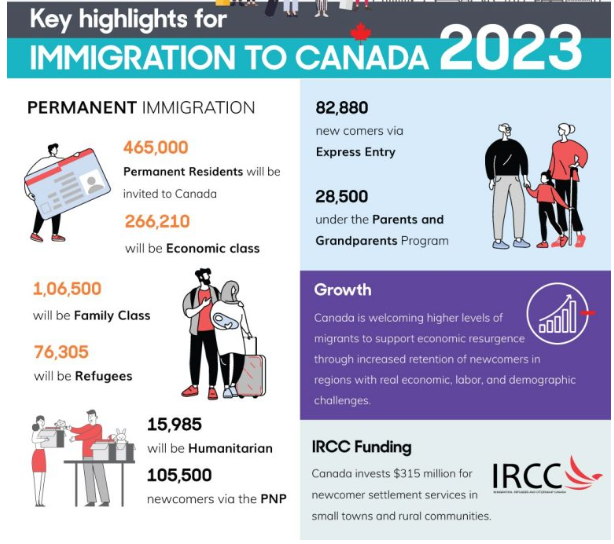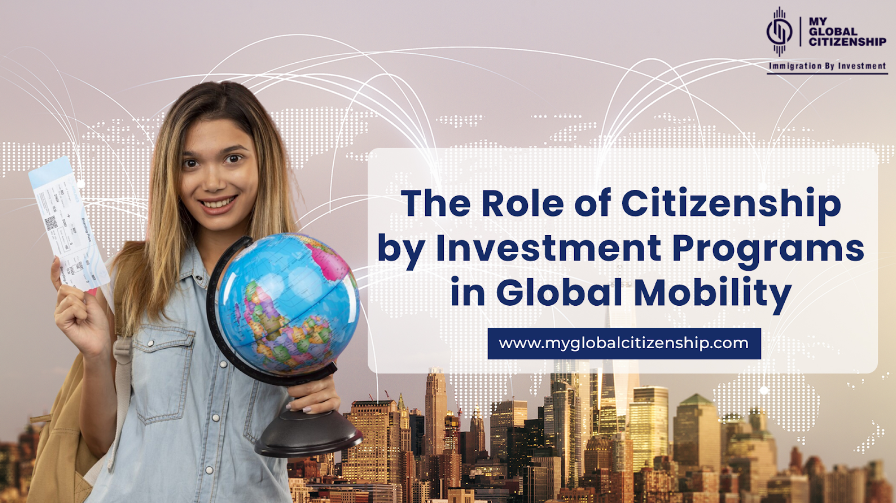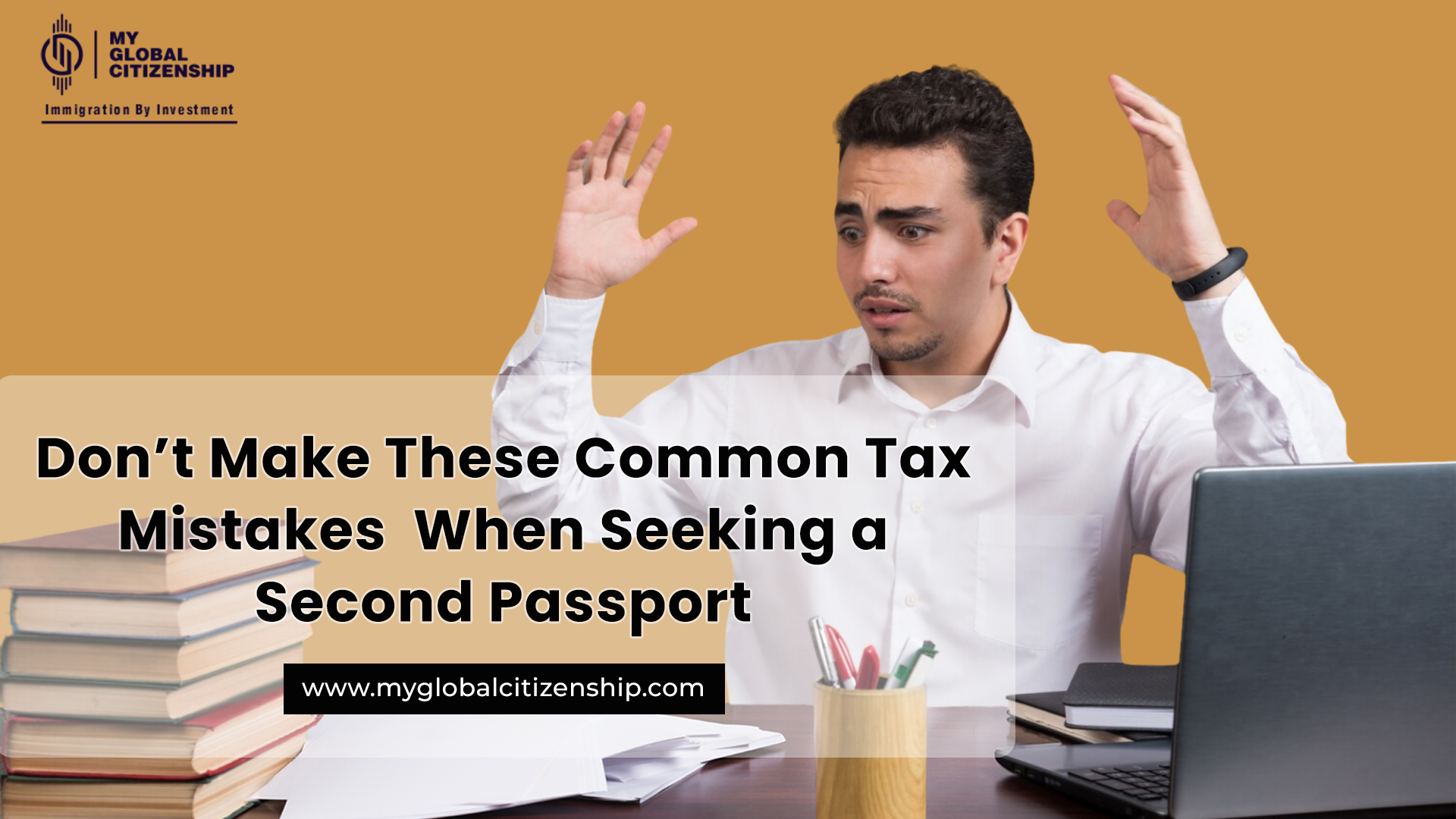In recent years, a notable shift has emerged in the investment landscape of India, as an increasing number of savvy investors set their sights on the West. This newfound interest can be attributed to the rising popularity of residency by investment programs offered by several Western countries. These programs provide a unique opportunity for Indian investors to obtain permanent residency or citizenship by investment in a foreign nation by making substantial financial contributions. The reasons behind this trend and exploring the factors driving Indian investors westward are explored.
Economic and Political Stability:
One of the critical factors enticing Indian investors toward Western countries is their stable economic and political environments. Uncertainties surrounding domestic economic policies, geopolitical tensions, and bureaucratic hurdles in India have led many wealthy individuals and business tycoons to seek alternative avenues to safeguard their assets and secure a better future for their families. Western nations, known for their robust legal systems, transparent governance, and predictable economic growth, present a haven for long-term financial planning and ri
Source: Economic Times
In 2020, 18 million Indians were residing outside of their nation of birth, according to the graph above. The sizable diaspora of Indians is spread among Saudi Arabia (2.5 million), the United States (2.7 million), and the United Arab Emirates (3.5 million). Australia, Canada, Kuwait, Oman, Pakistan, Qatar, and the United Kingdom are among other nations that have considerable populations of immigrants from India.
Diversification of Assets:
Residency by investment programs offers Indian investors an attractive option to diversify their asset portfolios across international boundaries. By acquiring property or investing in local businesses overseas, investors not only benefit from the appreciation of foreign assets but also gain access to diverse markets, industries, and currencies. This diversification acts as a protective measure against economic downturns or fluctuations specific to India, ensuring financial stability and enhanced wealth preservation.
Global Education and Lifestyle:
Western countries boast prestigious educational institutions that cater to various disciplines, offering a broader range of opportunities and experiences. Access to quality education and an enriched lifestyle in these countries motivates Indian investors to pursue residency through investment options. A wonderful alternative would be Malta Citizenship by Investment, for instance, given the country’s 2021 literacy rate was 94.94%, up 0.44% from 2018. Malta’s 2018 literacy rate was 94.5%, up 1.2% from 2011. This shows a constant increase.
Business Expansion and Market Access:
For Indian entrepreneurs and business owners looking to expand their ventures internationally, residence-by-investment programs provide a strategic pathway to access foreign markets. With a GDP of over $906 billion, Turkey has the 19th-largest economy in the world. It is a participant in the G20 and the OECD, and it is a significant provider of ODA. Investors are subsequently drawn to Turkey’s Residency by Investment.
Freedom of Movement and Travel:
Another significant attraction of residence by investment programs is the freedom of movement they offer. Indian investors can travel visa-free or with ease to multiple countries, thanks to the diplomatic relationships their new resident or citizenship by investment status affords. This global mobility facilitates international business ventures, leisure travel, and networking, making it an alluring prospect for those seeking more extensive global connections.
.png)
Source: Passport Photo
The above maps show that 21 countries allow Indian citizens to visa-free destinations, 30 countries allow Visa-on-arrival, 50 countries allow for e-visa and 105 countries need visa issuance.
Tax Planning and Wealth Management:
Western countries often provide more favorable tax regimes and wealth management opportunities than India. By attaining residency or citizenship by investment in these countries, Indian investors can optimize their tax liabilities, protect their wealth, and potentially benefit from reduced tax rates on income, capital gains, and inheritances.
Conclusion
The surge of Indian investors seeking residency by investment in Western countries through investment programs reflects a strategic and prudent approach to wealth management, global diversification, and securing a better future for their families. The stability, opportunities, and benefits these countries offer have captured the attention of Indian investors seeking to transcend borders and expand their horizons. As more Indian investors flock westward, the landscape of international investment continues to evolve, fostering closer ties between India and the West.


